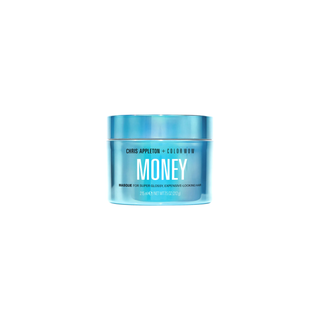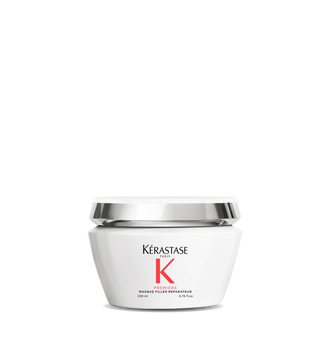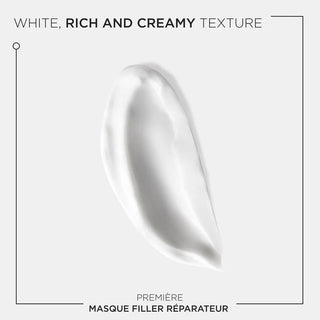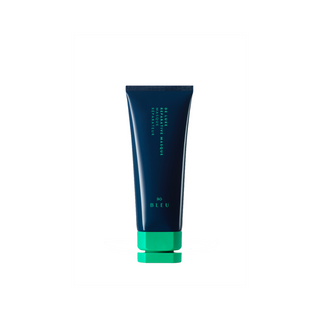Masks for Damaged Hair
Incorporating a hair mask into your routine can significantly improve the health and appearance of damaged hair, making it softer, shinier, and more manageable.
Masks for damaged hair are available for easy online purchase – plus join our club and get 15% off your first purchase!
You’re viewing 1-4 of 4 products





